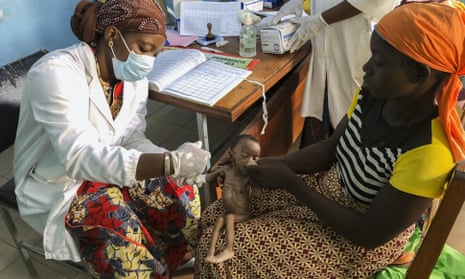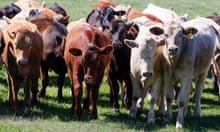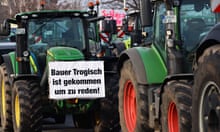World leaders are being urged to act immediately to stop multiple famines breaking out, exacerbated by the coronavirus pandemic and caused by conflict, climate crisis and inequality.
In an open letter published on Tuesday to support the UN Call for Action to Avert Famine in 2021, hundreds of aid organisations from around the world said: “People are not starving – they are being starved.”
Warning that “history will judge us all by the actions we take today”, the aid groups added that people were “being starved by conflict and violence; by inequality; by the impacts of climate change; by the loss of land, jobs or prospects; by a fight against Covid-19 that has left them even further behind”.
They said millions of people in Yemen, Afghanistan, Ethiopia, South Sudan, Burkina Faso, Democratic Republic of the Congo, Honduras, Venezuela, Nigeria, Haiti, Central African Republic, Uganda, Zimbabwe and Sudan faced starvation and appealed to governments to respond to increasing levels of hunger, stressing that billions of pounds in investment was urgently needed.
In the letter, the organisations including the International Council of Voluntary Agencies and the World Food Programme (WFP) said: “Girls and boys, men and women, are being starved by conflict and violence; by inequality; by the impacts of climate change; by the loss of land, jobs of prospects; by a fight against Covid-19 that has left them even further behind.”
At the beginning of the year, the WFP and the UN Food and Agriculture Organization warned that up to 270 million people did not have enough food or were at high risk of going hungry.
More than 34 million people were on the brink of starving, they said, and may fall into famine without immediate action. Meanwhile, in Yemen, South Sudan and Burkina Faso, 155,000 people are already living in areas with famine or famine-likely conditions.
At least $5.5bn (£3.95bn) is needed in food and agricultural assistance to avert famine, while millions more is needed to provide healthcare, clean water and other essential services.
The groups warned, however, that funding had dwindled and would not be enough by itself. Governments should step in to end conflicts and ensure humanitarian access, they said.
“The situation requires urgent action, at a scale we are simply not seeing,” the groups said in a separate letter. “If no action is taken, lives will be lost. The responsibility to address this lies with states.”
The letter comes a year after David Beasley, director of the WFP, warned that the world was facing famine “of biblical proportions” because of the coronavirus pandemic.
“We are not talking about people going to bed hungry,” he told the Guardian in an interview at the time. “We are talking about extreme conditions, emergency status – people literally marching to the brink of starvation. If we don’t get food to people, people will die.”
States had to address rising inequality, and take the political actions needed to stop conflict, which is a main driver of hunger and a barrier to meeting needs, the groups said. “It is imperative that we raise our collective voices to secure the international attention this cause deserves before it is too late,” they added.










